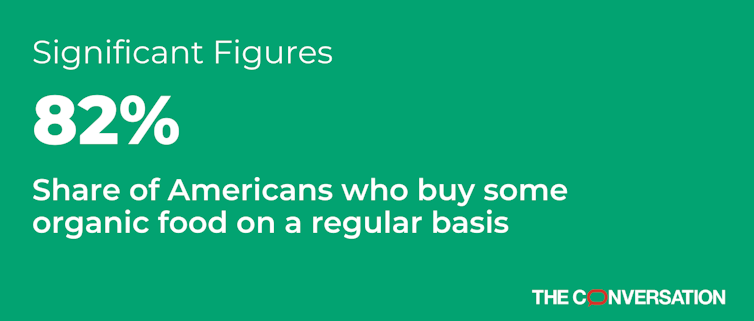Organic food has become mainstream but still has room to grow
- Written by Kathleen Merrigan, Executive Director, Swette Center for Sustainable Food Systems, Arizona State University
 Organic vegetables at the Center for Urban Agriculture at Fairview Gardens, Goleta, Calif.Citizen of the Planet/Education Images/Universal Images Group via Getty Images
Organic vegetables at the Center for Urban Agriculture at Fairview Gardens, Goleta, Calif.Citizen of the Planet/Education Images/Universal Images Group via Getty Images CC BY-ND
CC BY-NDOrganic food once was viewed as a niche category for health nuts and hippies, but today it’s a routine choice for millions of Americans. For years following passage of...
Read more: Organic food has become mainstream but still has room to grow

















